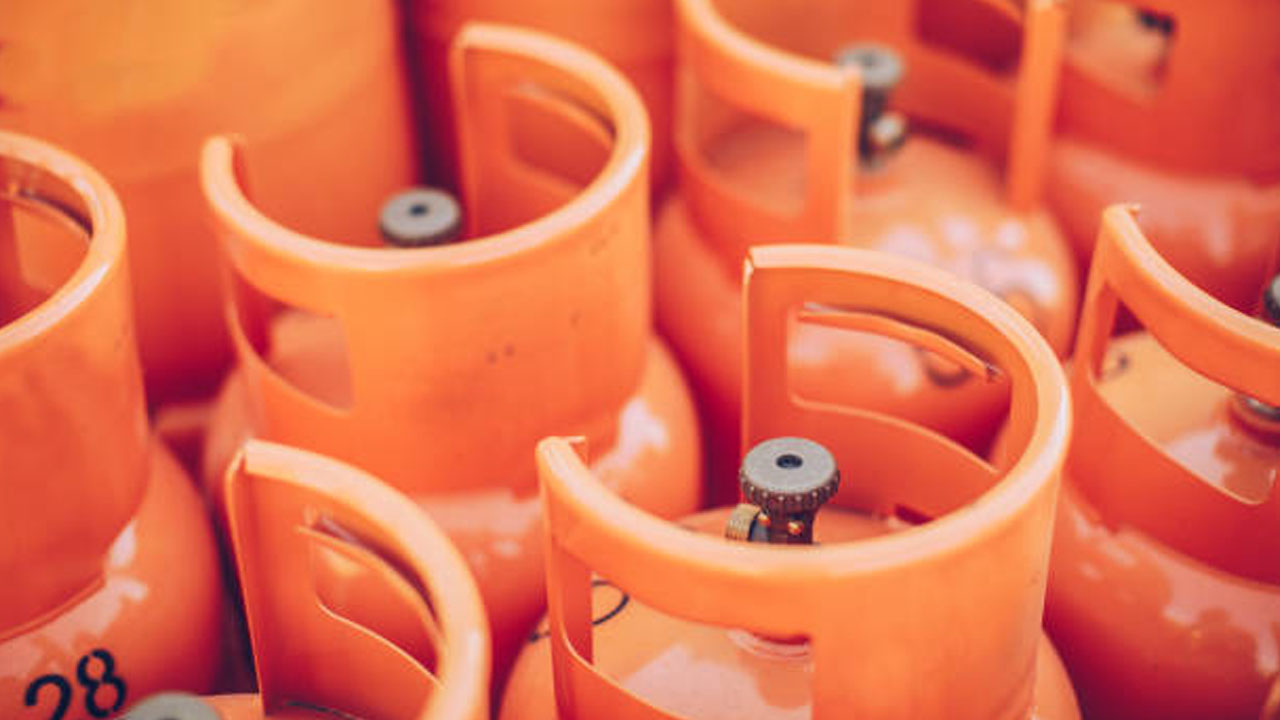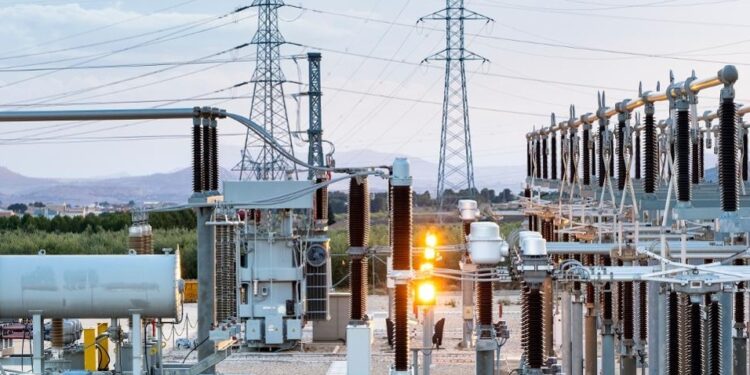The Oil and Gas Service Providers Association of Nigeria, OGSPAN, has urged the Federal Government not to impose the Value Added Tax (VAT) on Liquefied Petroleum Gas (LPG), otherwise known as cooking gas.
According to OGSPAN, the planned imposition of VAT on LPG would stifle demand, utilisation, investment and growth of the sector in the country.
The National President, OGSPAN, Mazi Colman Obasi in a statement, stated: “As a stakeholder in the sector, we were delighted when the Federal Government, previously excluded operators in the LPG sector from paying the VAT.
“We were even more delighted when it declared January 1, 2021, to December 31, 2030, as ‘The Decade of Gas Development for Nigeria’ with emphasis on LPG.
“Specifically, the official launch of THE DECADE OF GAS was declared by the President of Nigeria, His Excellency Muhammadu Buhari GCFR, on Monday, 29th March 2021, also recognised 2021 as a Year of Gas.
“However, having taken these steps, we were shocked to learn that the Federal Government is currently considering imposing VAT, targeted at increasing its revenue.”
According to OGSPAN, a Presidential directive was issued July 11, 2005, to remove VAT on LPG. But the approved memo erroneously had the word “import” left on it, because at the time imports were the only source of gas.
He explained that this meant that the Federal Inland Revenue Service (FIRS) charged VAT on locally produced LPG but there was no output VAT, so the VAT cost was absorbed as a loss by industry players.
He noted that Industry operators fought for 14 years to reverse this situation and the Minister of Finance, finally removed the VAT on “domestically produced gas” under a gazette issued in 2019, thus stopping the FIRS from charging VAT on LPG under a loophole that was created in error.
“The FIRS itself under several subsequent letters advised companies that neither input nor output VAT was payable on LPG in line with other petroleum products. Industry operators and experts had warned at the time that insertion of the phrase “locally produced” in front of LPG would lead to the reverse case through this legal loophole and yet again, another round of needless quagmire.
“Experts have repeatedly pointed out that of all the petroleum products listed in that gazette, why was LPG singled out for the phrase “locally produced?” Why not gasoline, and diesel, which we don’t produce and yet import over 100 times more quantity than LPG.
“The FGN recently launched a drive for Autogas using LPG/propane. How can the gas industry grow Autogas when VAT is applied to increase gas cost but a humongous tax subsidy remains on the competing gasoline/PMS? Who is going to switch when gas prices are increasing as a result of this needless tax?’
“For too long, the LPG sector had suffered from many problems, including policy inconsistency, inadequate funding, and low domestic utilisation, which needs to be fully addressed by the current administration”, he added.
He also disclosed that the planned introduction of VAT on LPG could culminate in the reversal of gains already made in the Federal Government Gas Expansion Programme, targeted at achieving rapid development of the sector.
According to him, while a litre of government subsidised petrol, under extant price regime, actually retails for between N165 and N200 per litre, depending on different parts of the country, the average deregulated retail price per litre of LPG delivered to Abuja – FCT falls between N100/Litre for propane specification to N195/Litre for butane specification.
“The cheaper of the two, being Propane spec LPG, is the industry-approved standard for Autogas in Nigeria, which portends huge savings for families and businesses.
“Autogas use with deep market penetration with a reasonable switch from PMS and AGO will save Nigeria huge foreign exchange spend on fuel importation; expand Nigeria’s domestic energy mix with improved accessibility for LPG as a cleaner and cheaper energy source with multiple applicable uses.
“This will in great measure help the consumers especially the low-income Nigerian families with their fast-eroding purchasing power in an increasingly difficult economic environment.
“Apart from savings on the unit price per litre or kg of gas, there is also much savings on gas, with respect to engine servicing and overall maintenance cost, compared to petrol or diesel engine maintenance cost. And it is environmentally friendlier than petrol and diesel, in terms of greenhouse gas emissions”, he said.
He added: “Autogas use will help trigger the much-needed demand intensive use of gas, with the multiplier benefit effect on improved in-country production and supply sources, with the attendant reduction in gas flaring, with a marked increase in foreign direct investments in LPG production plants, trading and distribution infrastructure and equipment manufacturing in Nigeria, which has been on the decline in recent years.”





